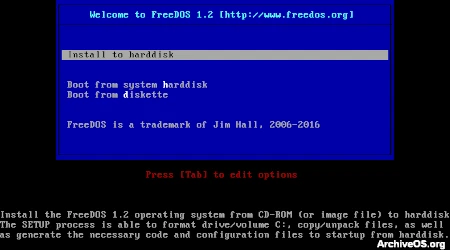Web site: Origin: USA Category: unknown Desktop environment: CLI Architecture: unknown Based on: independent Wikipedia: Media: … SynthesisRead more
cli
FreeDOS plus-plus
Web site: github.com/dosemu2/fdpp Origin: world Category: Desktop Desktop environment: CLI Architecture: x86_64 Based on: FreeDOS Wikipedia: … FreeDOS plus-plusRead more
SwarmOS
Web site: members.tripod.com/~swarmOS/ (not active) Origin: unknown Category: unknown Desktop environment: CLI Architecture: unknown Based on: … SwarmOSRead more
Sting
Web site: www.neci.nj.nec.com/PLS/sting.html (not active) Origin: unknown Category: unknown Desktop environment: CLI Architecture: unknown Based on: … StingRead more
Spoon
Web site: www.djm.co.za/spoon/ (not active) Origin: South Africa Category: Microkernel Desktop environment: CLI Architecture: unknown Based … SpoonRead more


